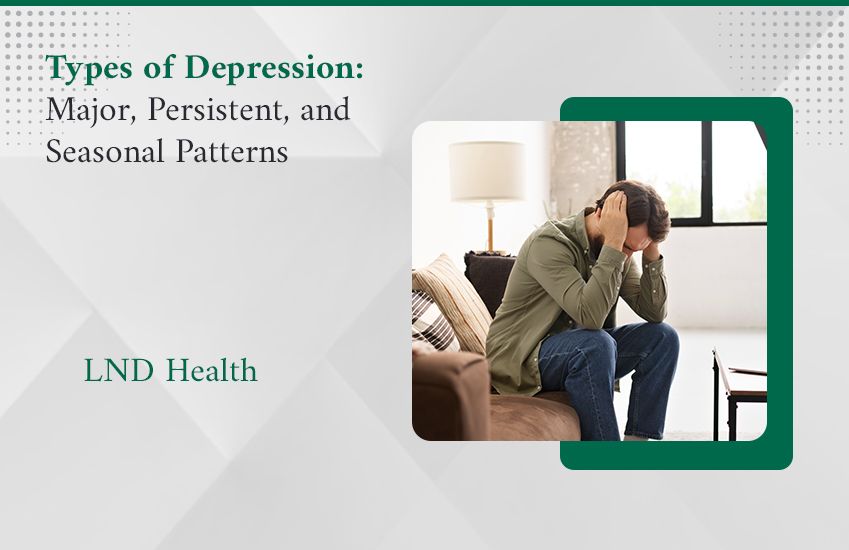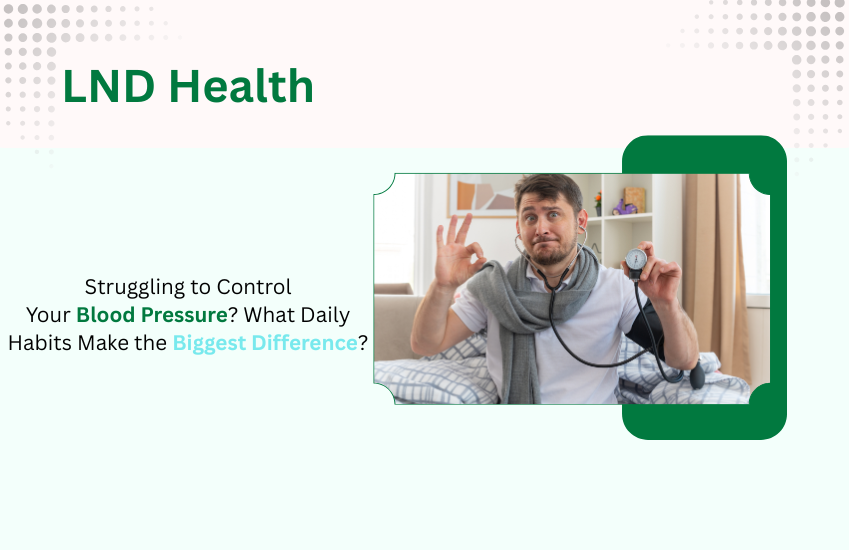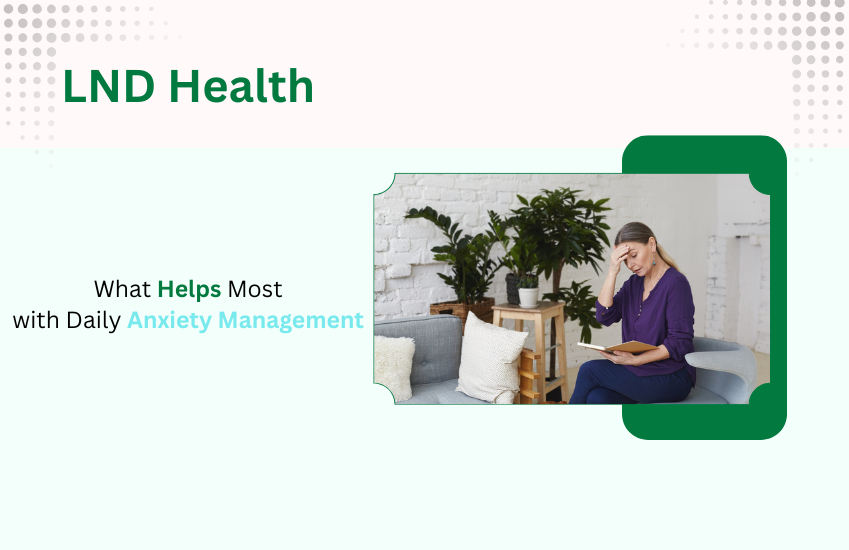

When talking about depression, many people might seem to portray it as a single condition. However, depression manifests itself differently.
- Some people experience intense periods that come and go.
- Then there are people who spend years in a low mood.
- Other people discover that their symptoms relate to specific seasons.
These differences keep you informed of what you could be facing. It also assists you in getting the appropriate type of support.
Different Types of Depression
Let's talk about the 3 most common types:
- Major Depressive Disorder: Intense episodes lasting 2+ weeks
- Persistent Depressive Disorder: Chronic low mood lasting 2+ years
- Seasonal Affective Disorder: Depression triggered by seasonal changes
1. Major Depressive Disorder
Most people associate depression with major depressive disorder.
It's also called clinical depression. It is debilitating and unbearable to live normally on a daily basis. Easy tasks become too complicated.
This form of depression alters the way you think and feel. It will influence your energy, sleep, and appetite. Work becomes harder. Relationships suffer.
The signs are:
- Deep sadness that lasts most days
- Loss of interest in things that you liked doing before
- Being fatigued despite being rested
- Alterations in hunger - overeating or insufficient eating
- Difficulty concentrating on what people are saying or doing
- Guilt or worthlessness
- Physical pain or aches without any clear causes
Diagnosis of the major depression requires the symptoms to last longer than 2 weeks. They should also disrupt your life, occupation, personal relations, or self-care.
The good news is that major depressive disorder can be treated. Treatment can be either therapy, medication or lifestyle adjustments.
A great number of people get better with the right approach.
2. Persistent Depressive Disorder
Sometimes depression quietly settles in and lingers for years. That's persistent depressive disorder.
This chronic depression feels different from major depression. It's less intense but lasts much longer.
People often think, "this is just how I am", or "I've always been sad."
Persistent depressive disorder can actually last at least two years. Because it develops rather slowly, many people don't even realize they have it.
Common signs include:
- Low mood most days
- Less energy than normal
- Trouble making decisions
- Having no hope for the future at all
- Low self-esteem
- Sleep issues
- Difficulty concentrating
This type of depression can be hard to spot. It becomes part of your everyday life. But feeling low for years isn't normal. Treatment can help lift this constant sadness.
Once you recognize persistent depressive disorder, depression treatment can make a real difference. You can learn what life feels like without this constant weight.
3. Seasonal Affective Disorder
Do you notice your mood changes with the seasons? When days get shorter, do you feel sadder? This might be Seasonal Affective Disorder, or SAD.
This type of seasonal depression usually happens in the fall and winter. Less sunlight affects your body's internal clock. You might feel tired and sad during these months.
Winter depression symptoms include:
- Feeling tired in the afternoon
- Wanting to eat more carbs and gaining weight
- No desire to be around friends or family
- Being annoyed at nothing in particular
- Not being able to focus or concentrate at school
- Tired all the time despite sleeping more
- Heavy feeling in your arms and legs
Seasonal affective disorder can be predictable. You may even dread specific months because you know how they tend to make you feel. But predictable doesn't mean you have no control over it.
Light therapy for seasonal depression can be effective for most people. You sit in front of a bright light box for about 30 minutes daily in the morning.
This will help reprogram your body's clock.
Other seasonal depression treatments include psychotherapy and medicine. A lot of people find they can make it through hard times much easier with help.
Your Depression Experience Is Unique
These categories help explain different types of depression.
But your experience might not fit perfectly into one box. Some people also might have major depression episodes along with persistent depression.
Others find that seasonal changes trigger worse symptoms.
There are numerous ways in which depression influences people.
Various kinds of depression usually require different treatments. Knowing your pattern will assist you and your physician in discovering what suits you.
Depression Treatment Options
There are ways to treat depression. With the right method, many people end up getting better. It is not just the treatment of the symptoms. It is a matter of getting your life back.
Depression Therapy and Counseling
- Cognitive behavioral therapy assists in altering negative thoughts
- Interpersonal therapy is concerned with relationships and communication
- Talk therapy is also beneficial as it provides a space to discuss your feelings
Antidepressant Medications
- These assist in the balancing of brain chemicals that influence mood
- Medications have various mechanisms of action
- Depression is a medical condition that is treated through medication
Lifestyle Changes for Depression
- Regular sleep schedules help your body's natural rhythm
- Exercise releases brain chemicals, these chemicals can improve mood
- Sunlight exposure, especially in the morning, helps regulate sleep
- Social connections are essential, even brief interactions
- Good nutrition supports wellness and brain health
Alternative Depression Treatments
- Seasonal affective disorder can be helped through light therapy boxes
- Difficult thoughts are dealt with through mindfulness practices
- Physical tension can be resolved by acupuncture and massage as well
- Nutritional supplements may be of benefit to you in case of deficiencies
It takes time to find an appropriate combination of depression treatments. What was considered to be effective to one may not be to the other. This is natural.
Life and Destiny Health provides assessment and management for depression.
We can help provide an effective care plan for you.
How Life and Destiny Health Can Help with Depression Treatment
At Life and Destiny Health, we understand that depression affects the whole family. We provide complete mental health care that looks at your entire situation.
We assess and treat all types of depression.
We design treatment plans that are compatible with your life, regardless of whether you suffer from major depressive disorder, persistent depression, or seasonal affective disorder.
You can visit us physically or virtually; whichever is more convenient to you.
Schedule Depression Treatment Consultation
Everything is more difficult with depression, including seeking help.
However, getting mental health care may begin with a mere discussion by sharing what you have been going through.
Knowing your depression type enables you to get effective treatment.
Life and Destiny Health provides comprehensive mental health care.
To make an appointment, you can visit ourcontact page.
You can also call us at 401-999-2323 or email us at lifeanddestinyhealth@gmail.com.
Additional Mental Health Resources
To get more details about depression, check out theNational Institute of Mental Health to find research-based information and clinical evidence.
If you're having suicidal thoughts, the988 Suicide & Crisis Lifeline is free to reach 24 hours a day. Please reach out.
FAQs
Does depression have any cure at all?
Depression is a medical condition and may still require management even though the condition is very treatable and a lot of people can achieve full remission.
Most individuals learn to cope with it well under treatment, and they live happily.
Under what circumstances would I need professional assistance in case of depression?
Consult a professional in case your symptoms of depression last longer than two weeks, or when they disrupt working or relationships or involve thinking of harming yourself.
Better treatment results are normally achieved when early intervention is carried out.
Is there insurance coverage for the treatment of depression?
Due to mental health parity legislation, most health insurance policies cover mental health care, such as mental health therapy and medication.
What do I do to find depression treatment near me?
First, ask your insurance company about its list of covered mental health professionals.
There are also possibilities of using online directories, seeking referrals from your primary care physician, or contacting mental health practices in your area.

